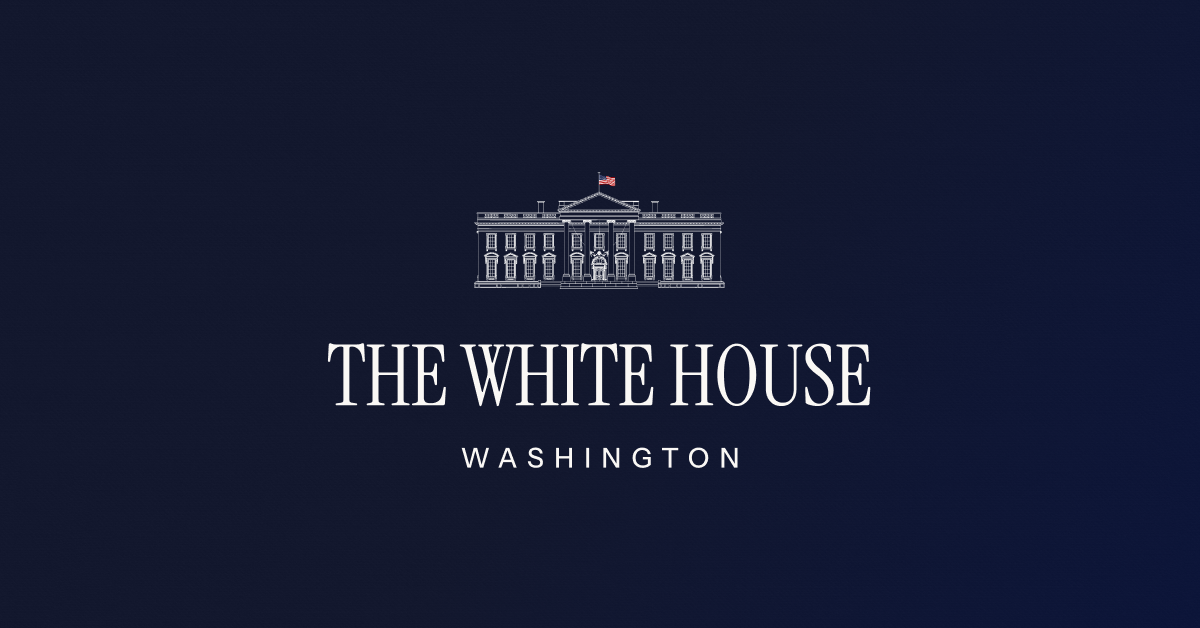 |
|
The White House fact sheet details President Trump's decision to impose tariffs on imports from Canada, Mexico, and China, citing a national emergency fueled by illegal immigration and the influx of drugs, particularly fentanyl. This action, framed as a response to a crisis, utilizes the International Emergency Economic Powers Act (IEEPA) as justification. The tariffs levied are 25% on imports from Canada and Mexico, with a reduced 10% tariff on Canadian energy resources, and a 10% tariff on imports from China. This policy is explicitly presented as a means of holding these countries accountable for their alleged failures to address illegal immigration and drug trafficking, highlighting the significant flow of fentanyl and other narcotics into the United States.
The fact sheet strongly emphasizes the severity of the drug crisis, emphasizing the role of Mexican cartels and the complicity of the Mexican government in providing safe havens. It also points to the involvement of Chinese officials in the flow of precursor chemicals and money laundering activities facilitating the drug trade, and the growing presence of Mexican cartels operating in Canada. The document presents alarming statistics regarding fentanyl overdoses and deaths, comparing the annual toll to the total number of American lives lost in the Vietnam War, painting a grim picture of a national public health emergency. The economic leverage of the United States is explicitly cited as justification for the tariffs, highlighting the significant role trade plays in the GDP of Canada, Mexico, and China, while contrasting it with the US economy. The fact sheet argues previous administrations failed to utilize this leverage, allowing the problem to worsen.
The core argument presented revolves around the assertion that the Trump administration is acting decisively to protect national security and the well-being of American citizens. The administration frames its actions as fulfilling a mandate received from voters who, according to the fact sheet, overwhelmingly elected Trump to secure the border. A stark contrast is drawn with the Biden administration, which is blamed for fueling the worst border crisis in US history, highlighting statistics on illegal entries, including those by Chinese nationals and individuals on terror watchlists. The consequences of unchecked illegal immigration are outlined broadly, encompassing impacts on schools, wages, housing, hospitals, and the welfare system, in addition to the increased crime rates. This portrayal of the situation is intended to reinforce the urgency and necessity of Trump's actions. The concluding section positions the tariffs as a continuation of Trump's commitment to prioritizing US national interests in trade policy.
The rhetoric employed in the fact sheet is highly charged and accusatory, employing strong language to describe the situation as a crisis and depicting the actions of other governments as negligent or complicit in facilitating the national emergency. This framing effectively supports the justification for the implementation of tariffs as a necessary and proportionate response. The document strategically uses statistics and comparisons to emphasize the scale of the problem and the gravity of the threat. While the fact sheet presents the tariffs as a bold and necessary action, it lacks an analysis of potential economic repercussions or alternative strategies that could have been employed to address the issues at hand. The focus remains squarely on the immediate security concerns and the fulfilling of a political mandate.
The overall effect of the fact sheet is to justify the imposition of tariffs as a direct and forceful response to a severe national security crisis. It attempts to persuade the reader that the tariffs are not merely economic policy decisions, but rather essential actions to protect American lives and safeguard national interests. The strong language, accusatory tone, and strategic use of statistics contribute to a persuasive narrative, although one that may lack a nuanced consideration of the complexity of the issues involved. The absence of alternative solutions and the reliance on a national emergency declaration may raise questions about the long-term effectiveness and potential unintended consequences of this policy.
